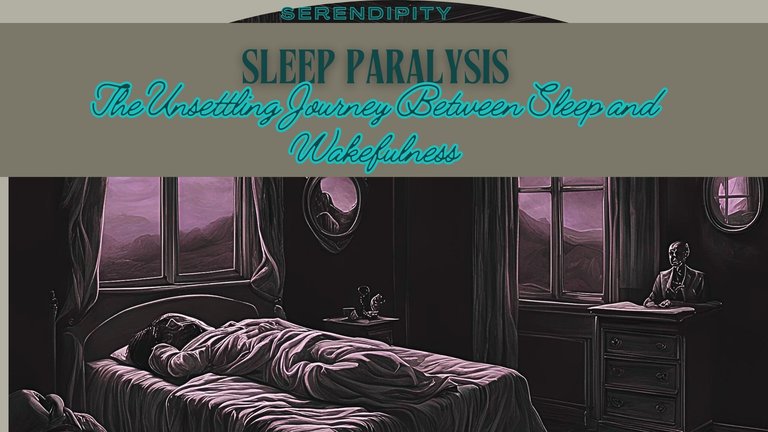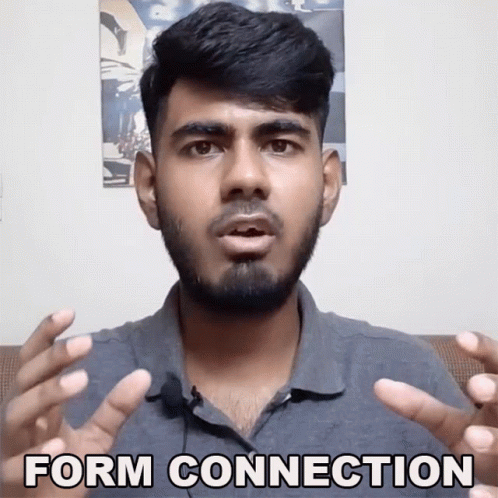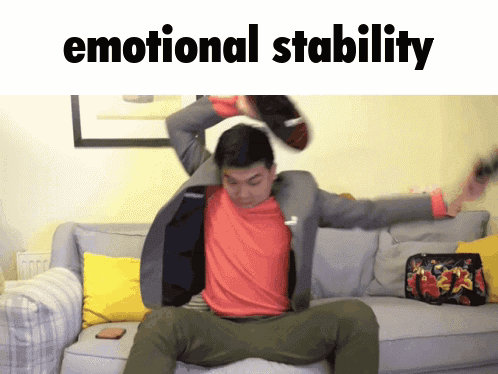
Imagine lying in bed, ready to drift into a peaceful night’s sleep. It’s quiet and calm—until something changes. You are suddenly awake, or at least you think you are, but your body is glued to the bed. Your heart rate rises, you begin to panic as you struggle, but you can’t move a muscle.
You feel a presence, sinister and cold, lurking in the shadows. Sweat breaks out on your forehead as a vague shadowy figure, seems to creep closer, watching. You try to scream, but no sound escapes. Finally, after what feels like an eternity, the pressure lifts. You are gasping for air, you realize you’re safe—alone, yet haunted by the vivid terror of sleep paralysis.
For countless people, sleep paralysis is a terrifying, unexplainable ordeal. Understanding why it happens, what increases its occurrence, and how to manage it can be a powerful tool for anyone who’s experienced it. Let's look deep into the science, psychology, and potential relief for those who suffer with this unnerving experience.
Symptoms and Hallucinations

During sleep paralysis, people report a spectrum of strange and frightening symptoms, primarily rooted in vivid hallucinations that feel disturbingly real. These hallucinations typically fall into three categories:
The Intruder: One of the most unsettling sensations involves feeling a hostile presence in the room. Many report auditory hallucinations, like footsteps or whispers, or even visual glimpses of dark figures hovering nearby. This perceived intruder is an intense experience that can create lasting fear.
The Incubus: In Late Latin, incubus referred to "a nightmare" or a "male demon" believed to lie upon sleeping individuals, particularly women, to engage in sexual acts or drain their life force.
The word has been adapted in science and sleep to describe a terrifying sensation involving the feeling of a weight on the chest, making it difficult to breathe. Some feel as though an invisible force is pressing down, as if something—or someone—is sitting on them. Often accompanied by a visual hallucination of a figure, the incubus is a particularly common and unsettling element in sleep paralysis.
- Vestibular-Motor Hallucinations:refers to hallucinations that involve the perception of motion or changes in bodily position, often without corresponding external stimuli. In simple words, it is feeling like you are moving without actually moving. For example:
Floating or Flying: Feeling as if you're levitating or moving through space.
Spinning: Perceiving a sense of rotation, either of oneself or the surrounding environment (similar to vertigo).
Falling: A vivid sensation of freefalling without any physical cause.
Tilting or Shifting: The body or environment feels like it's tilting or shifting unnaturally.
Sometimes, these hallucinatory experience might involve even leaving the body entirely. Known as out-of-body experiences (OBEs), these sensations create a powerful disconnect between mind and body, making the episode feel even more dreamlike and strange.
These symptoms, while psychologically distressing, are a well-documented part of sleep paralysis. Knowing that these feelings and visions are part of a phenomenon shared by others can bring a small measure of reassurance.
Risk Factors and Associations

The causes of sleep paralysis are complex, often interwoven with a person’s physical and mental health, lifestyle, and daily stressors. Research suggests several key factors increase the risk of experiencing sleep paralysis:
High-Stress Professions: Those working in high-stress environments, such as healthcare and law enforcement, tend to experience sleep paralysis more often. The demanding nature of their work can contribute to disrupted sleep patterns, leaving them more vulnerable.
Stress and Anxiety Disorders: People with anxiety, PTSD, or other stress-related disorders are at a higher risk. These conditions, especially when untreated, disrupt sleep cycles and contribute to more frequent episodes of sleep paralysis.
Lifestyle Factors: Lack of sleep, a high BMI, smoking, and alcohol consumption are also linked to sleep paralysis. For those leading high-stress or irregular lives, these habits can compound the risk, especially when paired with chronic fatigue or insomnia.
Because sleep paralysis often coincides with stress or fatigue, people with disrupted routines or lifestyles are more prone to experiencing it. While the exact cause remains unknown, there’s no doubt that emotional and physical health play a critical role.
The Neurological Perspective

The science behind sleep paralysis has made significant progress in recent years, and studies on the brain offer insights into what’s happening during these strange episodes. Our brains go through cycles as we sleep, diving into a stage called REM (Rapid Eye Movement), during which we dream most vividly. Normally, our brains paralyze our muscles during REM sleep to prevent us from acting out our dreams. But when sleep paralysis occurs, the brain wakes up before the body does, leaving us conscious but immobilized.
Recent research on individuals with recurrent isolated sleep paralysis (RISP)—those who experience these episodes frequently—shows that they exhibit unusual brain wave activity even outside of REM sleep. These increased
waves, which normally accompany REM sleep, may explain why
people with RISP are so prone to these episodes. Their sleep cycles are slightly altered, leading to frequent, unexpected awakenings.
The Psychological and Emotional Impact

Though sleep paralysis episodes are brief and do not cause any physical harm, they can be emotionally devastating. The terrifying visions, combined with a feeling of helplessness, can lead to anxiety or even a fear of sleep. This anxiety often disrupts rest, creating a vicious cycle of poor sleep and recurrent sleep paralysis episodes.
For some, the fear and anticipation of another episode can lead to feelings of isolation or hopelessness, especially if they experience these episodes often. Understanding the psychological toll is essential, as it emphasizes the need for treatment approaches that address both physical symptoms and emotional well-being.
Prevention and Treatment

While there’s no definitive cure for sleep paralysis, several methods can help reduce its frequency and severity. For those who experience occasional episodes, these preventive steps can make a meaningful difference:
Improving Sleep Hygiene: Maintaining a regular sleep schedule, avoiding large meals or caffeine before bed, and creating a calm sleep environment can reduce the likelihood of episodes.
Managing Stress and Anxiety: Cognitive Behavioral Therapy (CBT), mindfulness techniques, and relaxation exercises can be beneficial for those with anxiety or PTSD, which are common triggers.
Addressing Lifestyle Factors: Reducing alcohol intake, quitting smoking, and maintaining a healthy weight can also lower the risk. These lifestyle adjustments support overall sleep quality, helping to prevent sleep disruptions.
Treating Underlying Conditions: For individuals with conditions like PTSD, addressing the root cause of their stress or anxiety can make a significant difference, providing them with relief from frequent episodes.
As research continues, particularly in the fields of neurology and psychology, there’s hope that we may one day find more effective interventions for sleep paralysis. Each study brings us closer to understanding this complex phenomenon, shedding light on what causes it and how we can better prevent it.
Did you enjoy reading this? There's more on my blog

 )
)